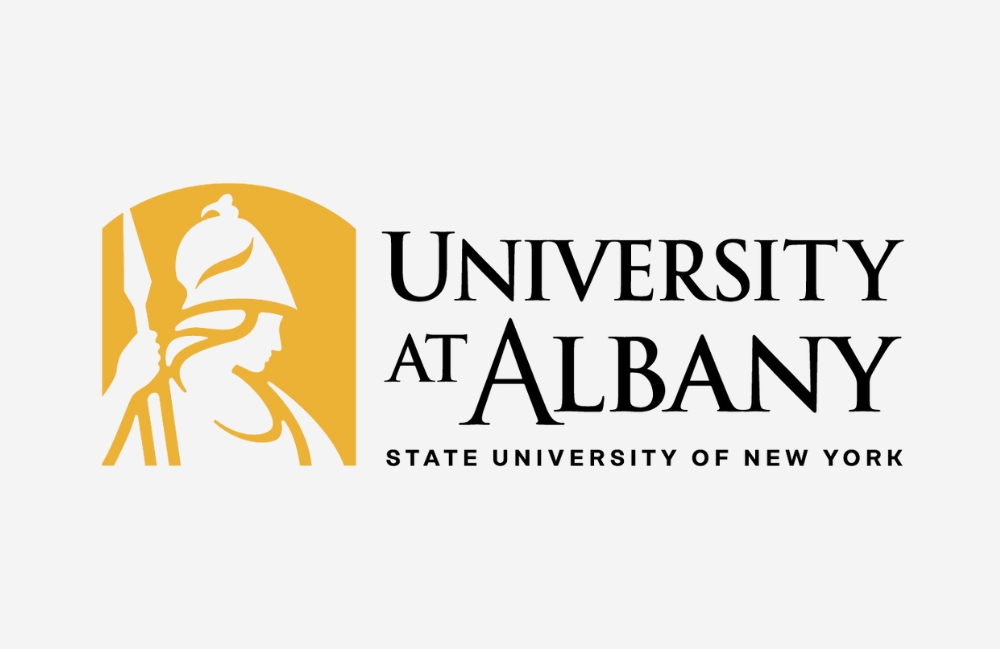BOSTON, MA – April 29, 2025 – Tomorrow.io, the world’s leading resilience platform, today announced a groundbreaking partnership with the University at Albany to collaborate on developing advanced AI-driven wind and extreme weather models.
The project will combine innovative next-generation artificial intelligence (AI) modeling techniques, observational weather data from the New York State Mesonet network, operated by UAlbany, and Tomorrow.io’s proprietary satellite constellation data. It will also build upon existing research at UAlbany’s Center of Excellence in Weather & Climate Analytics to develop novel methods of training AI models directly from observations.
Planned for integration within the Tomorrow.io Resilience Platform, these advanced models aim to provide hyperlocal, real-time weather intelligence and predictive insights across a multitude of industry use cases. These AI-driven forecasting techniques represent a significant advancement beyond conventional methodologies, with the potential to enable sectors such as aviation, energy, logistics, and emergency management to significantly enhance operational preparedness, from crosswind prediction and flight planning to optimizing wind power generation, cargo safety, and storm response.
“The future of weather forecasting is poised to be fundamentally reshaped, and our collaboration with the University at Albany marks a significant milestone in predictive intelligence,” said Cole Swain, VP of Strategy at Tomorrow.io. “By uniquely training AI models on combined real-time and historical observation datasets, including satellite-derived and Mesonet-grounded data, we are setting the stage for dramatically enhanced precision and practical utility of weather predictions, driving the development of next-generation derivative models for critical decision-making.”
This partnership aims to rapidly deploy, train, and scale advanced machine learning models, with the goal of optimizing performance to surpass traditional physics-based forecasting.
“Wind and extreme weather events are notably complex elements in forecasting,” said UAlbany ASRC Director Chris Thorncroft. “By integrating the New York State Mesonet’s detailed observational data with Tomorrow.io’s satellite constellation data, we are aiming to develop new tools that could represent a significant leap forward in atmospheric prediction capabilities for industry applications.”
This joint initiative aligns directly with Tomorrow.io’s commitment to democratizing global access to weather. Through Tomorrow.io’s advancements in space-powered AI and innovation, transforming atmospheric data into AI-driven solutions provides a transformative evolution to the next generation of weather intelligence and global resilience.



